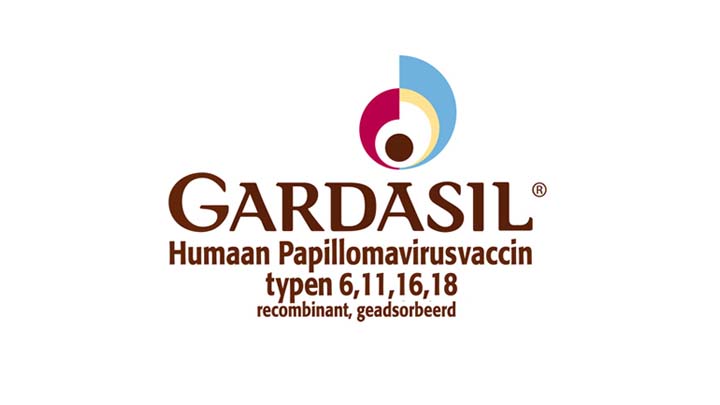Common vaccine ingredient can impair social behavior, new animal study reveals
(NaturalHealth365) In the first two years of life, babies typically receive a staggering 27 injections as part of the routine pediatric vaccination schedule. As rates of autism spectrum disorder have skyrocketed over the past few decades, many natural health experts have steadfastly asserted that these vaccines – or, more precisely, vaccine ingredients – play a role.
Now, a groundbreaking Canadian study shows that exposure to aluminum, a common vaccine additive used to enhance the immune response, is linked with autism-like behavior in young mice.
Although other studies have linked abnormal behaviors with aluminum given shortly after birth, this study is the first to examine the effects of the vaccine ingredient on specific social behaviors. This is significant, because having difficulty with social behavior is a core symptom of autism spectrum disorder.
Common vaccine ingredients are NOT so ‘harmless’
In the study, conducted by scientists from the University of British Columbia (UBC) in Vancouver and published in Journal of Inorganic Biochemistry, newborn mice were injected with aluminum hydroxide gel at dosages that correspond to what infants typically receive when following the recommended vaccination schedule.
The young mice were then given behavioral tests at 8 weeks, 17 weeks and 29 weeks.
The researchers noted that the injected mice showed decreased social interest in other mice and decreased social novelty behavior – measured by willingness to meet and interact with unfamiliar mice.
Experts say that children who go on to develop autism have a difficult time engaging in normal human interactions, and may avoid social novelty.
With rodents, as well, the corroboration exists. Mice with autism-like behavior prefer familiarity – while healthy mice prefer social novelty over familiarity.
Although the researchers cautioned that the study didn’t prove that aluminum causes increased autism risk in humans, the findings are still legitimately disturbing.
Toxic potential of aluminum varies according to the route of administration
Disturbingly, this neurotoxic metal is also found in many foods – including infant formulas. But some experts say that the harm is somewhat attenuated – as aluminum ingested orally can be excreted by the kidneys and through sweating.
According to World Mercury Project (WMP), a non-profit group dedicated to reducing exposure to all sources of mercury and other heavy metals, only about 0.25 percent of orally ingested aluminum ends up getting absorbed into blood.
This is not the case with intramuscular injection, where almost 100 percent of the aluminum is absorbed. It then circulates throughout the body and accumulates in the brain, organs and joints – where it can remain for years.
The WMP notes that 250 micrograms of aluminum in a single hepatitis B vaccine – routinely given to infants – is five times the amount that would be absorbed through six months of breastfeeding.
Chronic exposure to aluminum associated with decreases in vital neurotransmitter
Aluminum exposure has been linked with decreased levels of acetylcholine, a neurotransmitter vital for memory and learning. So it’s not surprising that aluminum exposure is linked with memory deficits in both humans and rodents.
Aluminum in vaccines has also been linked with neuromuscular and multiple organ dysfunction – including ASIA, or autoimmune/inflammatory syndrome induced by adjuvants.
In a 2016 review published in the peer-reviewed, well-respected scientific journal Frontiers in Endocrinology, the researchers noted that systemic sclerosis, systemic lupus erythematosus and rheumatoid arthritis have already been shown to be induced by adjuvants in vaccines – and that thyroiditis can also occur.
The team urged doctors to reconsider non-essential vaccinations in individuals genetically predisposed to autoimmune disease – and warned that ”physicians must be mindful that thyroiditis … can be induced by diverse adjuvants.”
Injected aluminum causes a litany of unwanted negative effects
Research has revealed a troubling variety of ways in which injected aluminum harms the body – impairing the communication between nerves, disrupting the blood-brain barrier, causing inflammation in the brain, and impairing inborn genetic resistance to autoimmunity – to name just a few.
Remember: studies have already linked increased rates of autism spectrum disorder with vaccine adjuvant aluminum – although direct causality has not been shown (yet!) by conventionally-trained scientists often influenced by the pharmaceutical industry.
Meanwhile, the UBC researchers are planning to continue their research on the effects of aluminum in vaccines, with an emphasis on studying significant biomarkers such as thyroid stimulating hormone (TSH), inflammatory molecules such as interleukin and gene expression.
No doubt, the world will be watching.
Sources for this article include:
WorldMercuryProject.org
ScienceDirect.com
AutismSpeaks.org
NIH.gov















